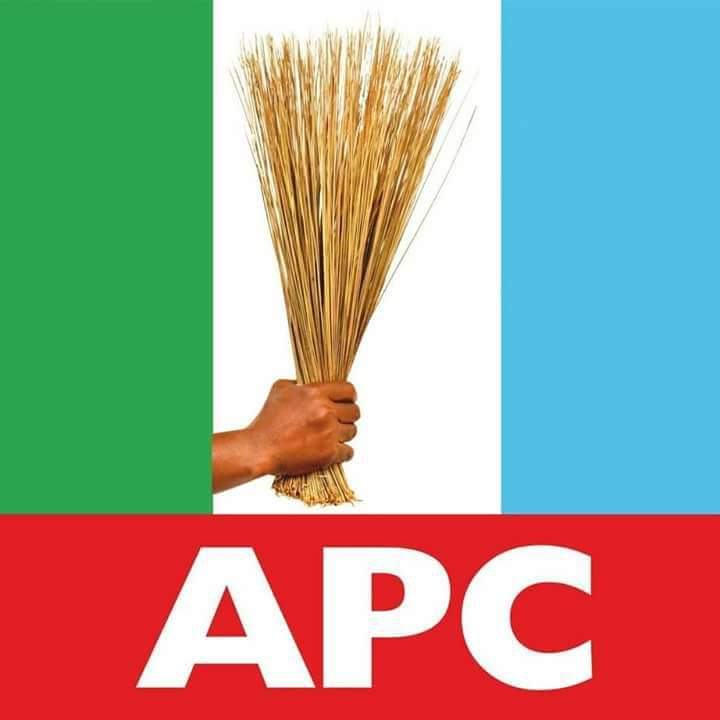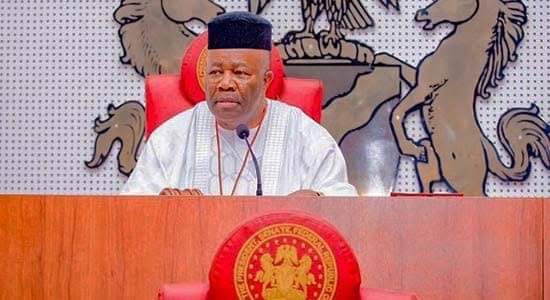Women In Politics: Kalu, EU Push For Equitable Representation
In a powerful call for gender equity, the Deputy Speaker of the Nigerian’s House of Representatives, Rt. Hon. Benjamin Okezie Kalu, who also chairs the House Committee on Constitution Review underscored the vital need to empower women, deeming it not only a democratic and moral duty but a strategic economic necessity.
He addressed the importance of this effort at the International Legislative Dialogue on Women and Constitution Amendment Process in Nigeria, organized by the House Committee on Constitution Review in collaboration with the European Union (EU) and the Policy and Legal Advocacy Centre (PLAC), held in Abuja on Monday.
Kalu advocated for the removal of barriers hindering women’s political engagement. With only 20 out of 469 seats in the National Assembly occupied by women, he lamented Nigeria’s stark gender imbalance, worsened by the low number of female candidates fielded in the 2023 general elections.
He said, “I am honored to lead a Committee that is committed to remedying this imbalance. Among several bills, A Bill for an Act to Alter the Provisions of the Constitution of the Federal Republic of Nigeria, 1999 to Provide for Seat Reservation for Women (HB 1349) is one we believe will encourage meaningful representation.”
He explained that the bill proposes a temporary special measure to reserve seats for female legislators, subject to review after four election cycles.
Kalu emphasized that countries with higher female political representation experience notable progress in health, education, and economic stability, which Nigeria could equally benefit from. “Women bring unique perspectives that strengthen our democracy and make it more resilient,” he noted, urging stakeholders to support gender parity measures.
Representing the EU’s commitment to advancing gender equality, Deputy Ambassador Zissimos addressed attendees, reiterating the EU’s support for women’s participation as a core component of sustainable development. He said that women’s political leadership is both a right and a powerful driver for inclusive growth.
“Women’s equal participation in decision-making is essential to achieve equality, sustainable development, peace, and democracy,” Vergos remarked, calling for an inclusive legal framework that promotes equitable participation across gender, age, ethnicity, and ability. Reflecting on global trends, he pointed to the constitutional reform process as a timely chance to position Nigeria among progressive nations.
He closed by stressing that while women’s political leadership may not be the sole answer to sustainable development, it offers invaluable contributions, promoting balanced policy priorities and solutions. “Let us create a society where every woman feels safe to survive and empowered to thrive,” he said.
A Call to Action
Deputy Speaker Kalu, and the EU delegation urged that discussions at this dialogue go beyond rhetoric and translate into measurable progress for gender equality in Nigeria’s political landscape. Together, they envision a governance model where gender inclusivity and equal representation lay the groundwork for a more resilient, economically stable, and equitable Nigeria














































